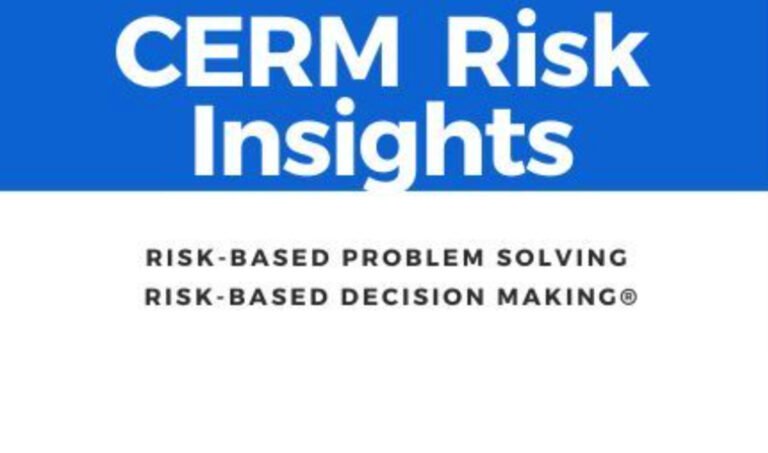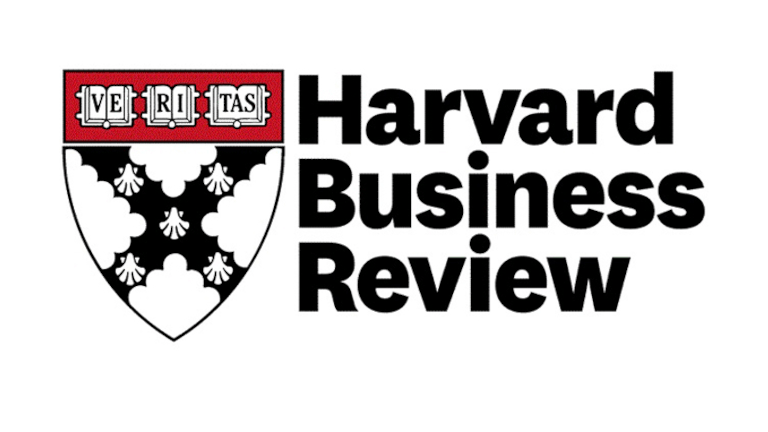Study: Industry now dominates AI research
Why it matters: Industry is taking the lead on artificial intelligence research that has traditionally been the domain of academia. What does this mean for research that is in the public interest?
Until the early 2000s, AI research in academia and in industry was split fairly evenly. But over the past decade, the balance has shifted significantly. Industry has the upper hand when it comes to computing power and access to data, which makes it easier for businesses to hire talent, develop industry-leading AI benchmarks, and continue to invest in research.
Industry is now taking the lead on — and influencing the direction of — basic AI research that has traditionally been the domain of academia, according to a new paper in the journal Science that was co-authored by MIT research scientist Neil Thompson, MIT postdoctoral associate Nur Ahmed, and Virginia Tech PhD student Muntasir Wahed. This trend raises concerns about the future of AI research that is in the public interest but may not be profitable.
“Deep learning is the form of AI that has powered the [AI] revolution of the last 10 years, and underlying that success has been an incredible allocation of resources,” Thompson said. “You might worry that academics would get priced out in this situation, and our research is saying that’s in fact happening.”
A concentration of resources and influence
Like the research process itself, the dominance of industry in AI research can be explained through inputs and outputs. In this case, the inputs are data, researchers working in the field, and accessible computing resources, while the outputs are the AI models and their quality.







